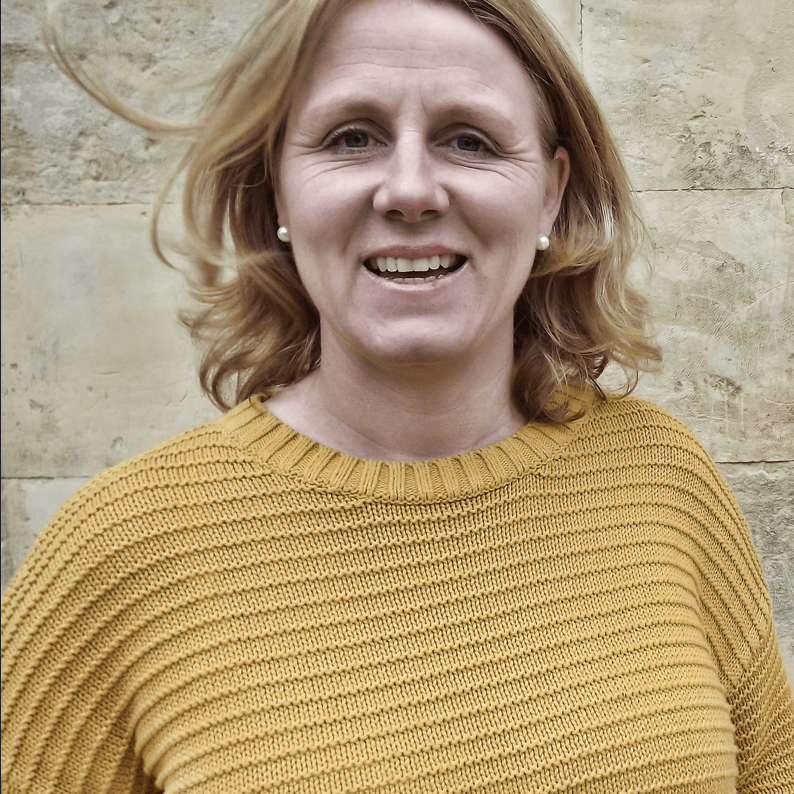So, it’s the time of year again when everyone around you shares their New Year’s resolutions with enthusiasm and energy.
And we all have moments to ourselves where we think about those proclamations and promises we repeatedly make to ourselves – and we dream about them being life changing.
“Hopefully, this time around I will make it.” This is the significant difference between a wish and a resolution. A wish is “hopefully” while a resolution is actually a promise. So, a New Year’s resolution is a serious thing – it is a promise of an action or a change you give yourself. So maybe it’s not just a dream or a wish about something nice to happen or something to change in your life, but a real commitment to yourself. If you gave a promise to someone else – I am very positive you are to keep that promise….so why is it that we do not always keep the promises we make toourselves?
If a New Year’s resolution really is going to have an impact on our lives, this is maybe where it should start – in our minds. We need to change our mindset so we don’t disappoint ourselves, or bang our heads against the wall, when the going gets hard.
We do remember so well what happened last year, and the year before that. Look, this is how it usually goes; a few weeks into January and those resolutions are long gone, forgotten, vague disappointments or put in a drawer if you’d been so courageous to write them down.
Why is it that this always happens? Should we just stop making those resolutions since we often end up disappointing ourselves? Or are you the one who always succeeds in keeping your New Year’s resolutions? Please, let us know your secret!
I don’t think we should stop making New Year’s resolutions, and I don’t think there is a secret to those who succeed.
We are very different as individuals. Some of us love to set goals and have no problem in reaching them, while others love to reflect and look into a new fresh year, a new month, and dream about all the possibilities and opportunities that these blank pages before us come with.
There are several ways to make the New Year’s resolutions happen.
First of all you need to commit to what you want; what change you desire or what action you’d like to take. And committing to something is less about having time and more about priorities.
You need to set some strategic goals. This can happen through you identifying your values. Ask yourself: “Do the goals I am setting correspond with my values?” This can help you to achieve your goals and bring about the change you want. When you identify your values, you express and emphasise what is important to you – and then it becomes a priority, so you can commit. And, the source of motivation is to live according to your values and goals. So you don’t need to pull your hair out – you should live out of your values.
What is a strategic goal?
- it points in a direction.
– it gives focus and helps to work towards a clear target.
- a goal is something different to a wish, it is concrete and defined; you can easily explain it to another person. You can measure it, and you should know once you have achieved your goal. These can also be described as SMART goals. When a goal is strategic, points in a direction and gives focus (value), it needs to be smart.
- SMART- goals are simply explained: Specific, Measurable, Achievable, Relevant and Time Oriented.
- Sometimes we do not set goals for ourselves because of the fear of failure. It can be safer to not set a goal you don’t expect to reach, instead of ending up by not attaining it. But, with this mindset, we end up living beneath our potential.
- Or we might be afraid of change…. what are the consequences that setting this goal might bring?
Why should you share your goals with someone? That particular person should be someone you trust who speaks positively into your life about the changes you want to bring.
And when we share inspiring and clear goals and values with others, at least three things happen:
- We become conscious. It is as if we must taste the words and what that goal means to us. We need to choose and to prioritise.
- It brings commitment to share with someone: you speak out that you commit to something, and you have someone to whom you are accountable. A big step of reaching the goal actually happens when you share it with a person you can trust.
- The person you share with can help you find solutions or help you to move from A to B. This can be a coach, a close friend, or a co-worker.
And last but not least; be kind to yourself. Don’t set a New Year’s resolution you know you will not be able to commit to, or even want to commit to, or isn’t according to your values. Don’t let those around you set your goals for you – they are yours to own and to achieve. Again I say – be kind to yourself. Maybe it is time to have that as a New Year’sresolution – be kind to yourself and those around you…It is a nice promise!!
Good luck discovering and defining your values and goals, and it could that your New Year’s resolution just comes out of that!
 I am passionate about seeing people around me reaching their full potential and to living life with all they are and have. This is why I work as a coach, to empower you to discover your dreams, to set and reach your goals, and to live a fulfilling life.I am a mother of four boys and happily married to my husband of 20 years. I am Norwegian and have for most of my adult life lived and worked abroad.
I am passionate about seeing people around me reaching their full potential and to living life with all they are and have. This is why I work as a coach, to empower you to discover your dreams, to set and reach your goals, and to live a fulfilling life.I am a mother of four boys and happily married to my husband of 20 years. I am Norwegian and have for most of my adult life lived and worked abroad.
Since 2004 I have lived in Romania, and work with the international organisation “Youth with a Mission”. Together with my husband we have built up an organisation with about 25 full-time staff who work in many different domains. We have transitioned the leadership to a new generation of leaders, making it possible to focus more of my time on coaching and mentoring.
I have a bachelors degree in nursing and I am currently working on my Masters in Intercultural Communication.
I have a two year coaching course with Coaching Academy in Oslo, Norway. I am working towards my ACC credential with ICF- International Coach Federation, and I am committed to their ethical standard in my coaching practice.


